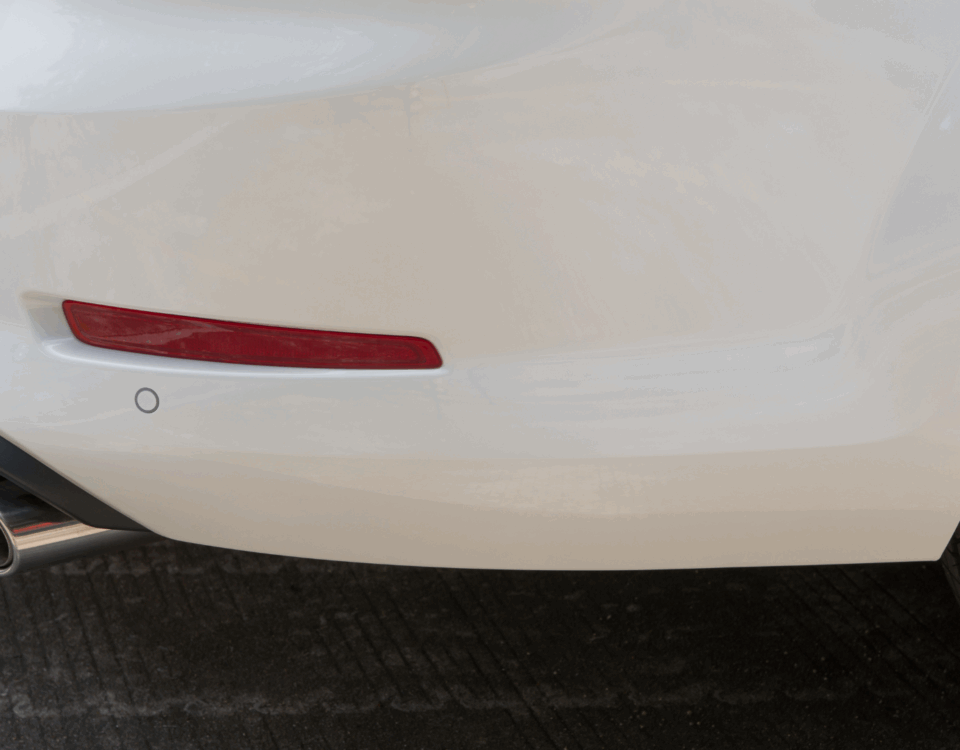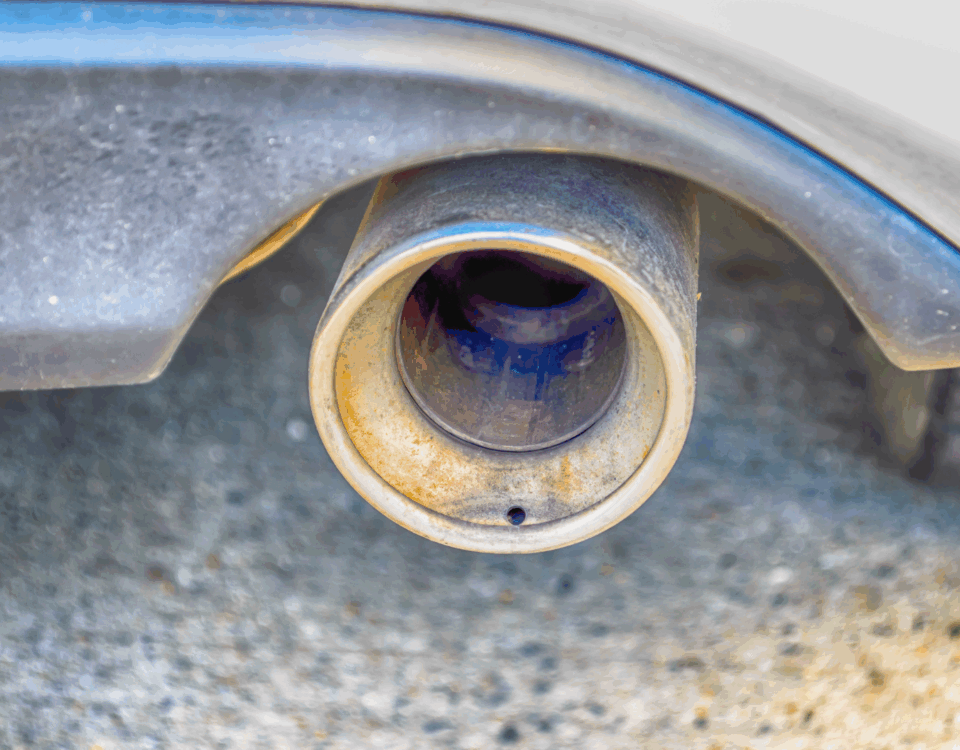Smog Test Requirements for Diesel Vehicles: What You Need to Know
November 5, 2024Understanding the Smog Test Process for Diesel Vehicles
November 5, 2024Diesel vehicles are known for their durability and fuel efficiency, but they must still meet emissions standards to stay on the road legally. Failing a smog test can be frustrating, especially when the reasons aren’t always apparent. In this article, we’ll explore common reasons diesel vehicles fail these tests, helping you prepare your vehicle for a successful inspection.
Excessive Exhaust Smoke
One of the leading reasons diesel vehicles fail a smog test is due to excessive exhaust smoke. Diesel engines naturally produce more smoke than gasoline engines, but when it becomes excessive, it signals potential issues. Black smoke may indicate unburned fuel due to a problem with the fuel injection system, air filters, or turbochargers. White or blue smoke often points to oil burning in the engine, potentially caused by worn-out engine components or turbo issues. Regular maintenance, like changing the air and fuel filters and checking for oil leaks, can help reduce excessive smoke and improve the chances of passing a smog test.
Malfunctioning EGR System
The Exhaust Gas Recirculation (EGR) system helps reduce nitrogen oxide (NOx) emissions by recirculating exhaust gases back into the engine for further combustion. When the EGR system malfunctions, it can lead to higher levels of harmful emissions, which is a major cause for failing a smog test. Common issues with the EGR system include clogged EGR valves, carbon buildup, or faulty sensors. Diesel vehicles, in particular, are susceptible to carbon buildup, which can disrupt the EGR system’s functionality. Regular cleaning and maintenance of the EGR system can help avoid these issues and ensure smoother emissions performance.
Faulty Diesel Particulate Filter (DPF)
Diesel vehicles rely on the Diesel Particulate Filter (DPF) to capture and remove soot from the exhaust, significantly reducing particulate emissions. A clogged or faulty DPF can lead to excessive smoke, higher emissions, and ultimately a failed smog test. DPFs are designed to regenerate and burn off accumulated soot, but if the regeneration process doesn’t occur or fails due to frequent short trips or poor-quality fuel, the DPF can become clogged. To prevent DPF issues, consider using high-quality diesel fuel, performing regular maintenance, and allowing your vehicle to go through the regeneration cycle when needed.
Leaks in the Intake or Exhaust System
Air leaks in the intake or exhaust system can disrupt the combustion process, leading to higher emissions levels and potentially causing a smog test failure. In diesel engines, even a small intake leak can result in an improper air-fuel mixture, creating increased emissions and reducing engine efficiency. Exhaust leaks, on the other hand, can bypass emissions controls, allowing pollutants to escape before they are treated. Regular inspections of the intake and exhaust systems can help identify and fix leaks, contributing to better emissions performance and reducing the risk of failing a smog test.
Check Engine Light Issues
For many diesel vehicles, a check engine light is an automatic fail on a smog test. The check engine light could indicate a variety of issues, from minor sensor malfunctions to more severe problems affecting emissions performance. Common causes of a check engine light in diesel vehicles include problems with the oxygen sensor, fuel injectors, or EGR system. Running diagnostics to identify and repair the issue before a smog check can save you from failing due to this small indicator. Ensuring your vehicle’s onboard diagnostics system is functioning correctly and free of errors is essential for passing a smog test.
By addressing these common issues, diesel vehicle owners can improve their chances of passing a smog test and keeping their vehicles in compliance with emissions standards. Regular maintenance and timely repairs are key to ensuring that your vehicle performs well and stays environmentally friendly.
Read More:
Understanding the Smog Test Process for Diesel Vehicles
Smog Test Requirements for Diesel Vehicles: What You Need to Know





